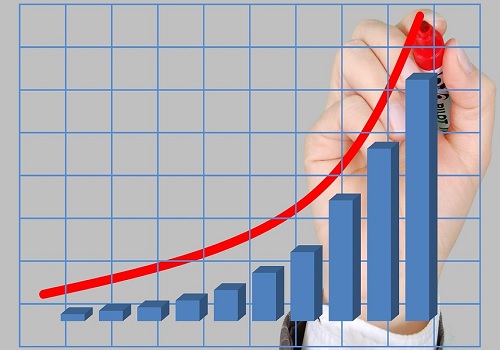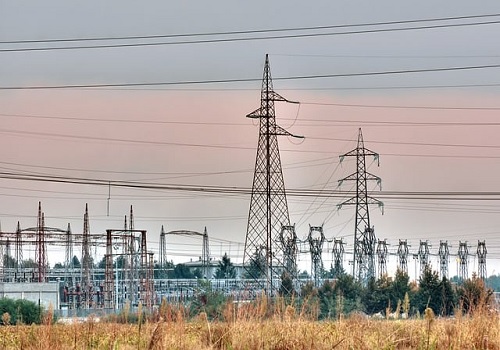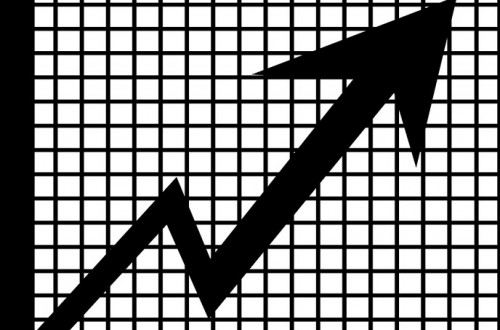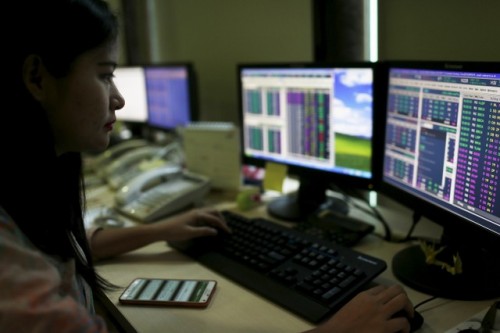Opening Bell: Markets likely to get negative start tracking weakness in global peers

Follow us Now on Telegram ! Get daily 10 - 12 important updates on Business, Finance and Investment. Join our Telegram Channel
Indian markets ended lower for a sixth consecutive session on Friday, with mixed global cues and a rebound in oil prices keeping investors nervous. Today, markets are likely to get negative start tracking weakness in global peers. As recession fears mount, investors will be looking ahead to GDP, core sector output and monthly auto sales data due this week for directional cues. Continued sell-off by foreign investors likely to dampen sentiments in domestic markets. Foreign investors have turned cautious and pulled out Rs 2,313 crore from Indian equities so far this month. Traders will be concerned as latest central bank data showed that the Reserve Bank of India’s (RBI’s) foreign exchange reserves declined by $5.7 billion to an 11-week low of $561.27 billion in the week ended February 17. There will be some cautiousness as RBI Monetary Policy Committee (MPC) member Jayanth R Varma said India’s economic growth appears to be ‘very fragile’ and it may fall short of what the country needs to meet the aspirations of its growing workforce. However, some support may come as Services Export Promotion Council (SEPC) said services exports are recording a healthy growth rate and going by this trend, the outbound shipments will cross $300 billion in 2022-23, and tapping global opportunities would help achieve $1 trillion target by 2030. Some optimism may also come as the National Sample Survey Survey (NSSO) showed unemployment rate for persons aged 15 years and above in urban areas declined to 7.2 per cent during October-December 2022 from 8.7 per cent a year ago. Traders may take note of Union minister Piyush Goyal’s statement that India would become the third largest economy in the world in the next five years and by 2047 could be at the level the United States of America is at present. There will be some buzz in the auto component industry stocks as credit ratings agency Icra said Auto component replacement demand is estimated to grow 6-8 per cent in the next fiscal driven by factors such as the increase in mobility and healthy freight movement, among others. Coal industry stocks will be in focus as the government said India's domestic coal production has shown impressive growth during the past few years and this rise in output has helped the nation to check the import of fossil fuel considerably. There will be some reaction in stocks related to infrastructure industry as the Ministry of Statistics and Programme Implementation noted that as many as 335 infrastructure projects, each entailing an investment of Rs 150 crore or more, have been hit by cost overruns of more than Rs 4.46 lakh crore.
The US markets ended lower on Friday as higher January inflation and strong consumer spending figures raised fresh concerns about the outlook for interest rates. Asian markets are trading mostly in red on Monday as markets were forced to price in ever-loftier peaks for US and European interest rates, slugging bonds globally and pushing the dollar to multi-week highs.
Back home, It was yet another lackluster day for the Dalal Street, with both Sensex and Nifty closing below their neutral lines for a sixth consecutive session, with mixed global cues and a rebound in oil prices kept investors nervous. After a positive start, markets remained higher during morning deals, as some support came in after the finance ministry stated that the Indian economy is estimated to grow by 7 per cent year-on-year in the current fiscal despite the global economy operating under an extremely challenging macroeconomic environment. Traders got some encouragement as Finance Minister Nirmala Sitharaman pitched for a global framework to regulate cryptocurrencies, besides firming up ways to tackle global debt vulnerabilities and strengthening multilateral development banks during bilateral meetings with her counterparts, including from US and Japan, ahead of the G-20 meeting. However, trade turned negative during the afternoon deals and remained weak till the end of the trading session, as market participants got cautious, after External Affairs Minister S Jaishankar said that the responsibility for the trade imbalance with China rests squarely on businesses as well, blaming Indian corporates for not developing the right sourcing arrangements. On the sectoral front, stocks related to the apparel sector remained in focus, after the Apparel Export Promotion Council’s (AEPC) Chairman Naren Goenka expressed confidence that in the coming years, the apparel sector will be able to support the government's efforts to make India a $2 trillion ($1 trillion goods and $1 trillion services) export target by 2030. Finally, the BSE Sensex fell 141.87 points or 0.24% to 59,463.93 and the CNX Nifty was down by 45.45 points or 0.26% to 17,465.80.
Above views are of the author and not of the website kindly read disclaimer
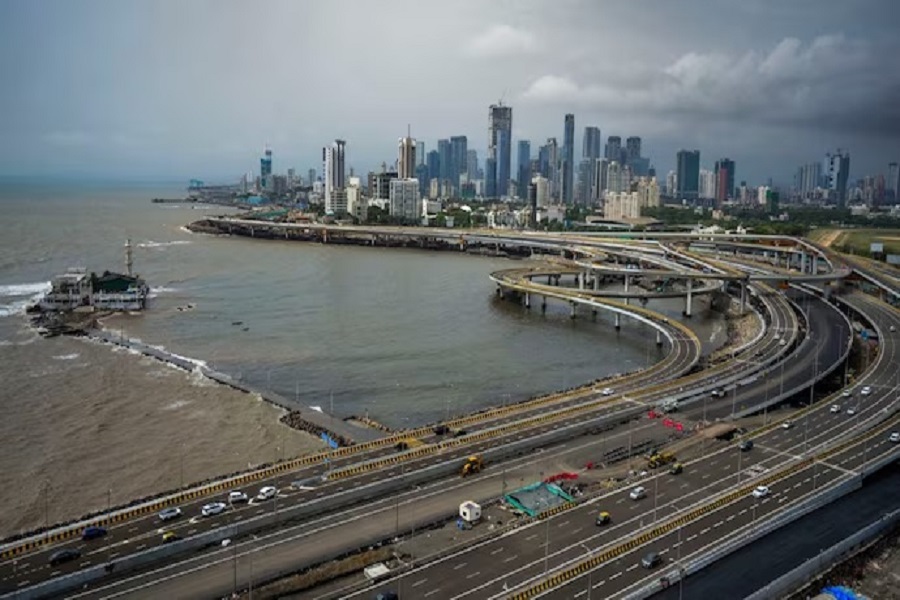




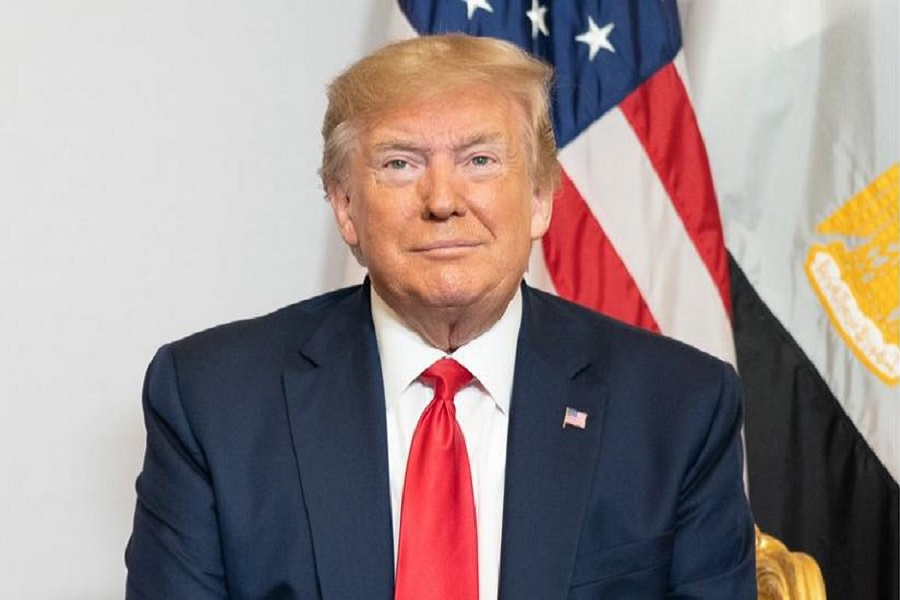
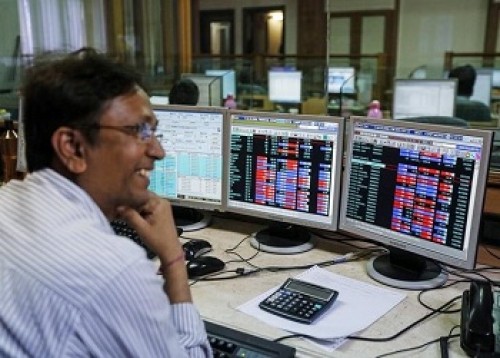

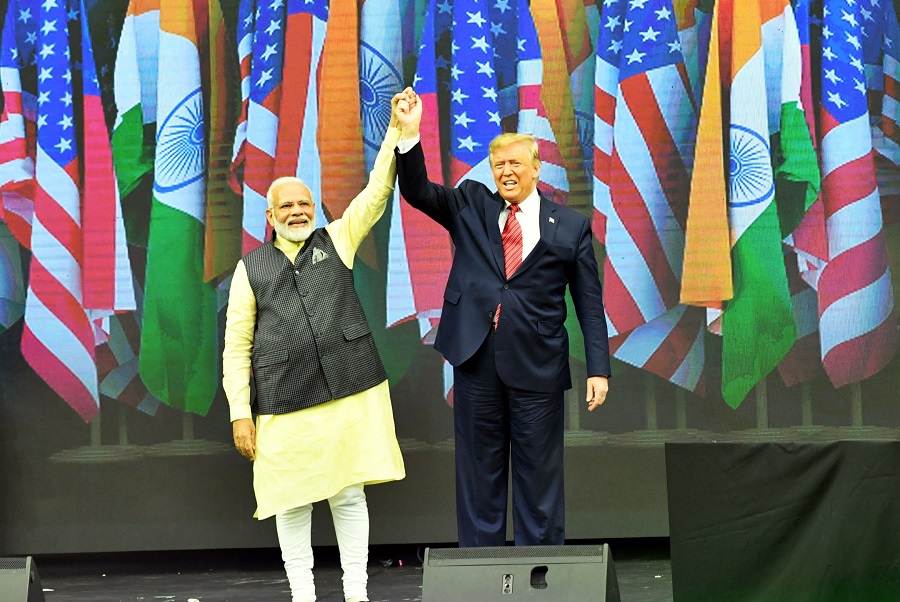

Tag News

Weekly Market Analysis : Markets strengthened recovery and gained nearly 2% in the passing w...

